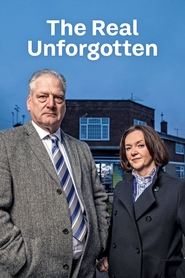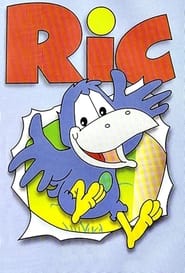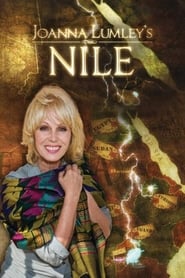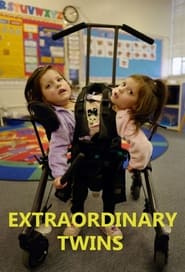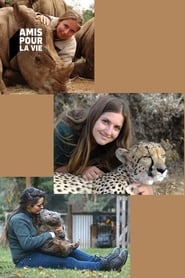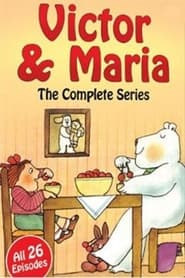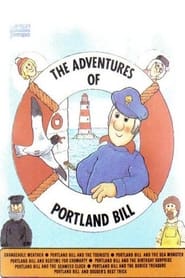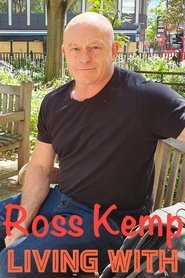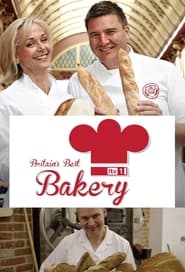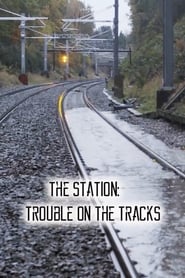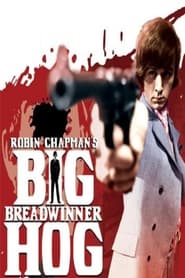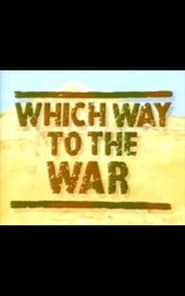Itv1 TV Series - Page 78
-
Hello Campers
2015
Hello Campers
2015
With a sprinkling of light-hearted competition, the series will see five new couples head out to a different European campsite each week, with the aim of winning a £1000 prize. Each afternoon sees each camp couple able to win points during allocated activities, with the losing couple having to clean camp that night. There will be nominated cooks and another couple will be in charge of organising the camp entertainment, which will be judged and scored by their fellow campers. The remaining couples will take part in traditional, cultural activities, which will be judged by local experts. At the end of the week, the couple with the most points wins the cash prize. -
The Real Unforgotten
2025
The Real Unforgotten
2025
Detectives reinvestigate the murder of Carol Morgan in the storeroom of her Bedfordshire corner shop in 1981 - re-examining the files, revisiting the crime scene, and looking for new witnesses as previously missed evidence points to a different theory. -
Ric the Raven
1989
Ric the Raven
1989
It's a British/German cartoon with 51 episodes of 5 minutes. It's about a blue raven called Ric, an optimist who tries things out for fun. -
Joanna Lumley's Nile
2010
star 5Joanna Lumley goes on the trip of a lifetime - exploring the longest river in the world, the River Nile, from sea to source. -
Moneyball
2021
Moneyball
2021
A game show where the difference between winning life-changing money and going home with nothing, rests entirely on the bounce of a ball. -
The Metro: A Rail Life Story
2020
Following the lifes on the Tyne and Wear Metro – the first time cameras have been allowed in-depth behind the scenes at the UK’s biggest metro system outside London. -
Extraordinary Twins
2021
Extraordinary Twins
2021
Explore the amazing world of conjoined twins, discovering how families cope with the extraordinary circumstance of being parents to the rarest of babies - one out of every 200,000 live births. -
Wild Animal Reunions
2016
Wild Animal Reunions
2016
Documentary series following a group of animal keepers and caregivers - including those who have managed to create deep and unique bonds with wild animals - as they go on an adventure to reunite with their long lost animal friends. It captures the moment when humans, and the animals they helped to raise, are reunited in the wild. -
Victor and Maria
1983
Victor and Maria
1983
-
The Adventures of Portland Bill
1983
star 6The Adventures of Portland Bill is a British stop motion animated children's television series made in 1983. It was set in a fictional lighthouse located on the Guillemot Rock, just off the coast from the fictional village of McGuillycuddy. -
Ross Kemp: Living with...
2019
star 6Ross Kemp travels across the country to meet people living with some of the biggest issues affecting Britain today, including immersing himself in situations to gain a first-hand taste of the difficulties they face and highlight what is really going on, often unnoticed, under the nose of mainstream society. -
Make Your Play
2006
Make Your Play
2006
Make Your Play was a live, interactive quiz show, showing in the UK on the ITV Network, from Monday to Saturday, beginning after midnight. The show was launched on Friday 29 September 2006 on ITV and ITV Play. The prizes are greater than usually available on ITV Play, but as a result of this, callers are usually taken less often. In order to win money, viewers must either call in at a cost of 75p from a BT landline, or enter through the ITV website. If they are successful they will be placed on hold, then transferred live to the studio if they are lucky, where they go on to deliver their answer. Make Your Play has given over £3 million. It went over the £3 million mark on 1 July 2007, when a contestant by the name of Mr Joseph Percy said "next day". An on screen graphic was then shown saying "£3 Million Given Away" accompanied with a siren sound effect. -
Britain's Best Bakery
2012
Independent bakeries compete in a series of challenges that put their skills to the test in a bid to find the best bakery in Britain. -
The K Factor
0000
The K Factor
0000
The K-Factor: So You Think You Can Knit? was a fictional TV show ran by Harry Hill, as a segment of Harry Hill's TV Burp. The first episode was aired on 6 February 2010, with a preview of the show being airing on 30 January. The judges are Knitted Simon Cowell, Knitted Cheryl Coles, Knitted Rolando Villazón and the Knitted Character. Each episode lasts approximately five minutes and the viewers can then log onto the official TV Burp website to vote for their favourite. Also available on the site is The K Factor: Unravelled, where Knitted Holly Willoughby will talk to either the contestants or the judges, much like The Xtra Factor. Peter the Duck became the winner of the series. All 7 5-minute mini-episodes plus the Unravelled episodes have been merged into a one-hour compilation episode for TV Burp Gold 3 DVD. -
Cash Cab
2005
Cash Cab
2005
British version of the game show where unsuspecting members of the public hail a cab and find they're playing for thousands of pounds - if they can keep answering questions correctly before they reach their destination. If they don't, they may just be walking the rest of the way. -
The Station: Trouble on the Tracks
2020
star 7Going behind the scenes with staff at Birmingham New Street station to provide a vivid insight into the variety of situations they face, from flooding to industrial action, irate passengers, parties on the concourse and even nudity on the platforms. -
Paperplay
1974
star 6Children's programme that makes use of household waste products in a creative way, presented by Susan Stranks and assisted by puppet spiders, Itsy and Bitsy. -
Big Breadwinner Hog
0000
star 8Big Breadwinner Hog is a British television thriller serial devised by Robin Chapman, produced by Granada TV and transmitted in eight parts, starting at 9.00pm on 11 April 1969 on the ITV network. It portrayed the ruthless rise through the criminal underworld of the trendy young London gangster Hogarth. He exploits the resources of a declining gangster, Ryan, to take over the dominant crime syndicate Scot-Yanks, controlled by the equally ruthless and manipulative Lennox. The key to Hogarth's success is knowledge of a murder arranged by Lennox, of which there is a crucial witness, Ackerman, a one-time private eye who has been blackmailed into working for Scot-Yanks, and bitterly resents Lennox as a consequence. The eight-part serial was widely condemned at the time for its amorality and violence. Its first episode featured a scene in which a jar of hydrochloric acid was thrown into a rival's face. "Barely minutes after the first episode was transmitted, the Granada TV switchboard was inundated" with viewers' compla -
Which Way to the War
1994
Which Way to the War
1994
Which Way to the War is an intended British television sitcom written by David Croft and Jeremy Lloyd, which was discontinued after a one-off broadcast pilot on 19 August 1994. It was also Croft and Lloyd's only ITV sitcom and Croft's last World War II sitcom. -
New Faces
0000
New Faces
0000
New Faces was a British television talent show popular in the 1970s and 1980s, presented originally by Derek Hobson. It was produced by ATV Network Limited for the ITV Network. The first run of the show was from 29 September 1973 to 2 April 1978 and was recorded at the ATV Centre, Birmingham. The show was noted for its theme tune, "You're a Star!", performed by singer Carl Wayne, formerly of The Move, and it was eventually released, becoming a minor hit. Winners occasionally went on to greater success in television entertainment. Many top entertainers began their careers with a performance on this programme. The acts were evaluated by a panel of experts, including Clifford Davis, Ingrid Pitt, Mickie Most, Alan A. Freeman, Clive James, Muriel Young, Ted Ray, Ed Stewart, Jack Parnell, Arthur Askey, Noel Edmonds and Tony Hatch. Davis, Most and Hatch were especially notorious for being "hard" on contestants. Four judges would make up the panel each week. Tony Hatch made the headlines after one edition for giving a con

